The Fourth Trimester: Your Complete Guide to the First 12 Weeks After Birth
Jan 14, 2025The moment you hold your newborn, a new chapter begins—one that's rarely discussed in pregnancy books or birthing classes. Welcome to the fourth trimester, those first 12 weeks after giving birth, when both you and your baby are adjusting to this brand-new world.
This period is transformative, beautiful, exhausting, and sometimes overwhelming. But knowing what to expect—and how to take care of yourself—can help you navigate it with confidence.
Physical Recovery: The Truth About Your Changing Body
Your body just accomplished something incredible, and now it needs time to heal. Here’s what to expect in the first few weeks postpartum:
1. Postpartum Bleeding (Lochia)
-
Expect heavy bleeding in the first few days, which gradually lightens over 4-6 weeks.
-
Sudden heavy bleeding, passing large clots, or signs of infection warrant a call to your doctor.
2. Afterpains and Uterine Contractions
-
Your uterus is shrinking back to its pre-pregnancy size, which can cause cramping.
-
These afterpains may intensify during breastfeeding but typically subside within two weeks.
3. Breast Changes & Engorgement
-
Whether you're breastfeeding or not, your breasts will go through significant changes.
-
Engorgement peaks around days 3-5 as your milk comes in.
-
If you’re nursing, your milk supply may take several weeks to regulate.
4. Hormonal Shifts & Emotional Highs and Lows
-
Up to 80% of new moms experience 'baby blues'—a mix of tearfulness, anxiety, and emotional ups and downs.
-
These feelings typically peak around day 5 and improve by week two.
-
If sadness or anxiety worsens or persists, it may be a sign of postpartum depression (PPD). Seeking support is a sign of strength, not failure.
Sleep Deprivation: The New Normal (Temporarily)
Newborn sleep patterns are unpredictable, and adjusting can be rough. Here’s what to expect:
-
Newborns wake every 2 to 3 hours for feeding.
-
Sleep deprivation is real—your body is healing while running on minimal rest.
Pro tip: Sleep when your baby sleeps isn’t just a cliché—it’s essential advice. Let go of chores and accept help!
The Fourth Trimester from Your Baby's Perspective
Your baby is adjusting to life outside the womb, and their behavior reflects that.
-
The world can feel overwhelming to their developing senses.
-
Babies find comfort in swaddling, white noise, and gentle rocking—things that remind them of the womb.
-
Frequent cluster feeding and fussiness are normal as they adjust to life earthside.
Building Your Support System
The fourth trimester is not meant to be navigated alone. Leaning on support can make a huge difference:
-
Ask family and friends for help—whether it’s holding the baby while you shower or dropping off meals.
-
Join a mom group (online or in person) to connect with others going through the same experience.
-
Consider postpartum doula or lactation support if needed.
-
Set up meal delivery or meal prep ahead of time to reduce stress.
Self-Care Isn't Selfish
Taking care of yourself isn’t a luxury—it’s a necessity for both you and your baby.
Postpartum Self-Care Tips:
✔ Hydrate & nourish yourself with nutrient-dense meals and snacks.
✔ Move gently when you’re ready—short walks can boost mood and recovery.
✔ Let go of guilt and accept help from your support system.
✔ Schedule small moments of self-care, even if it’s just drinking coffee while it’s hot!
✔ Take breaks from social media if comparison starts creeping in.
When to Seek Help
While many postpartum experiences are normal, certain symptoms require medical attention:
-
Fever over 100.4°F (infection warning)
-
Heavy bleeding or passing large clots
-
Severe headaches, blurred vision, or dizziness
-
Feeling persistently sad, hopeless, or detached
-
Thoughts of harming yourself or your baby
-
Incision pain or redness if you had a C-section
Your health matters just as much as your baby’s—never hesitate to reach out for help.
The first 12 weeks postpartum are a whirlwind of emotions, recovery, sleepless nights, and profound joy. Every week brings new challenges and new milestones. You are not just recovering—you are transforming into a mother, and that takes time.
💛 Be gentle with yourself. There is no 'right' way to feel during this time.
Remember, the fourth trimester is temporary. It’s okay to ask for help, take breaks, and prioritize your healing. You are doing an incredible job, even if it doesn’t always feel like it.
Want more support during your fourth trimester and beyond?
Disclaimer: This blog post is for informational purposes only and is not a substitute for professional medical advice. Always consult with a healthcare professional about your specific health concerns.








